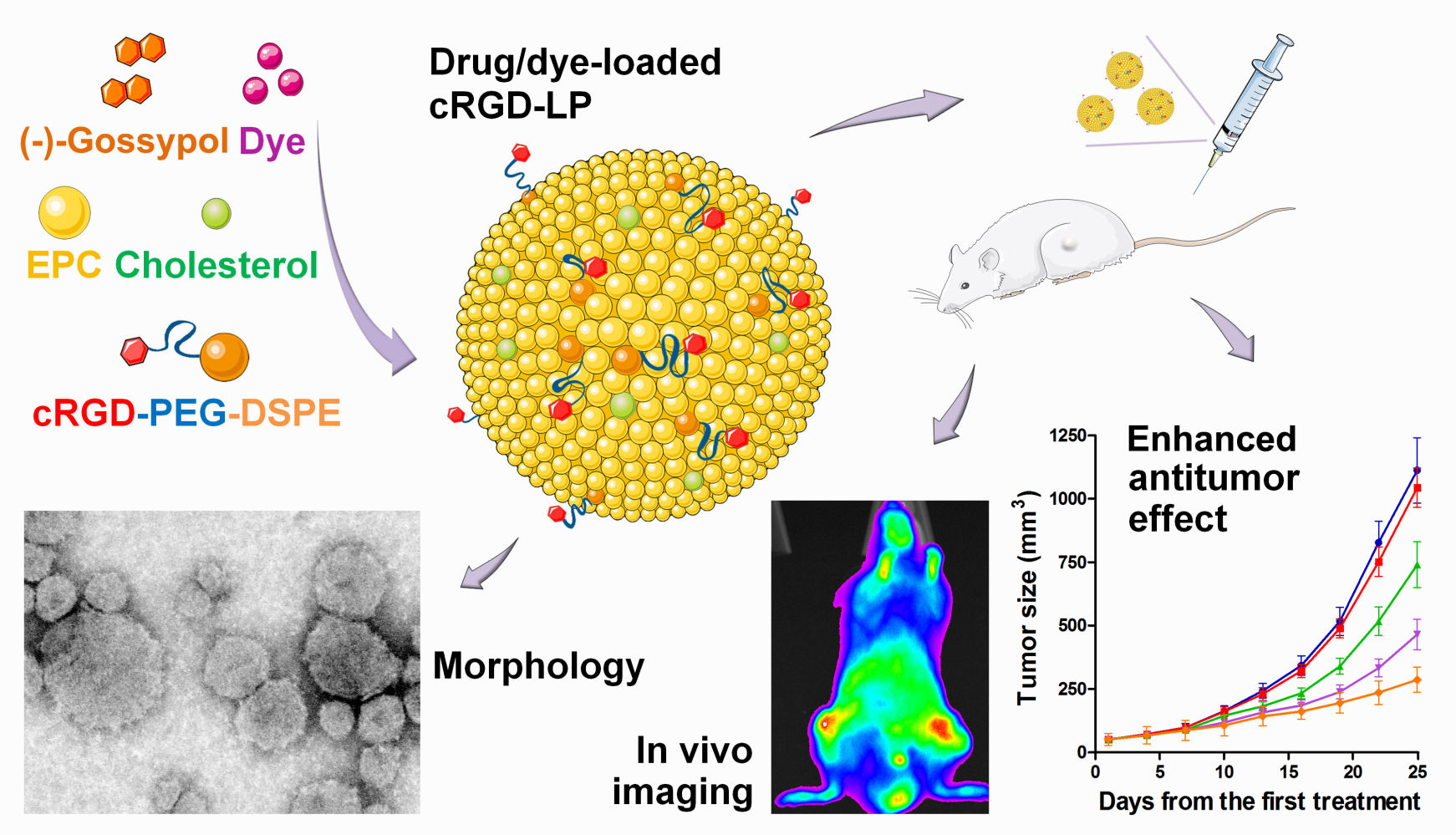

When the observed “other” is an in-group member, however, social norms for the group could change, and an individual may be more likely to engage in dishonest behavior. The social-norms mechanism suggests that when the observed “other” is an out-group member, in-group members will show a reduced likelihood of engaging in dishonest behavior. Also, observing the unethically of another person may simply change one’s understanding of the social norms related to dishonesty. Alternatively, the dishonesty of others may affect the saliency of ethicality at the decision-point of cheating, decreasing one’s propensity to act dishonestly. When exposed to the dishonesty of others, individuals may change their estimate of the likelihood of being caught cheating, increasing one’s propensity to act dishonestly. Regarding peer effects, peers´ unethical behavior can influence an observer’s behavior in different ways. the influence of others (peer effects), 2. In a labor market context, ethical/unethical behavior can be influenced by (at least) three possible causes: 1. If we are tempted to act dishonesty, peer effects could suppress our intention, but along the same line, unethical peer behavior could also encourage us to act dishonestly.

This is especially true when there is a possibility to act dishonestly or contrary to social norms because of a lack of supervision or punishment. As this example shows, peer effects can be very important in our daily life, changing our “natural” behavior compared to when we are alone. Still, the action of the group may hold sway, so we would likely wait for the light, but if more than one person decides to jaywalk the peer pressure is enough that the whole group would cross as well. If a single person breaks the norm and crosses, the temptation to jaywalk increases. If we arrive at the crosswalk and find a group patiently waiting, however, we are likely to follow the norm: stop and wait. Most of us would simply cross the street. Imagine you are alone at an empty crosswalk and the light is red. Third, we show that when the suspicion of dishonesty increases with multiple peers behaving dishonestly, the desire to increase standing is sufficient to nudge individuals’ behavior back to cheating at the same levels as isolated situations (experiment 3). Second, we demonstrate that the mere suspicion of dishonesty from another peer is not enough to affect individual cheating behavior (experiment 2), suggesting that reputation holds great importance in a worker’s self-image acting as a strong social incentives. First, we show that working in the presence of peers is an effective mechanism to constrain honest/dishonest behavior compared to an isolated work situation (experiment 1). However, could working in a common space, in the presence of colleagues affect cheating? Here, we examine how familiar-peer influence, supervision and social incentives affect worker performance and dishonest behavior. Recent empirical evidence shows that working in an unsupervised, isolated situation under competition, can increase dishonest behavior to achieve prestige.


 0 kommentar(er)
0 kommentar(er)
